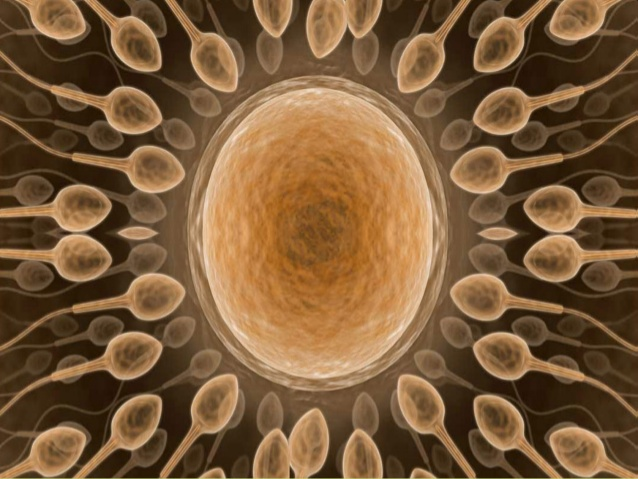Climate change is a reality that affects multiple aspects of our daily lives, from the availability of natural resources to human health. One area that has begun to receive attention is how climate change may be influencing male fertility. Recent studies suggest that factors such as rising global temperatures and exposure to environmental pollutants could be affecting semen quality and, consequently, male fertility.
The impact of extreme heat on fertility
One of the most direct effects of climate change is rising global temperatures. Extreme heat can have a significant impact on male reproductive health. The human body needs to maintain a specific temperature for organs and systems to function properly. For men, the testicles need to be kept at a slightly lower temperature than the rest of the body to effectively produce sperm.

Studies have shown that prolonged exposure to extreme heat can affect sperm production and quality. An increase in scrotal temperature, even by a few degrees, can decrease sperm count and affect sperm motility – the ability of sperm to move and fertilize an egg. This problem is exacerbated in regions of the world where heat waves are becoming more frequent and intense.
Environmental pollutants and their relationship to fertility
Climate change is also linked to an increase in environmental pollution, including the release of toxic chemicals into the air, water, and soil. Some of these pollutants, such as endocrine disruptors, can interfere with the hormonal system and affect sperm production.
For example, exposure to pesticides, phthalates, and other industrial chemicals has been associated with a decrease in semen quality. These chemicals can act in a similar way to the body’s natural hormones, disrupting the normal function of the reproductive system. Men who are exposed to high levels of these pollutants, either through work or by living in areas with high levels of pollution, may experience a reduction in the quantity and quality of their sperm.

Climate change and overall health
In addition to the direct effects of heat and pollutants, climate change can also affect male fertility indirectly. Rising global temperatures and extreme weather events can increase stress, and dietary and lifestyle changes, and reduce access to health services. All of these can contribute to overall health problems that impact fertility.
For example, chronic stress, which has been linked to climate change and natural disasters, can affect hormone levels and reduce sperm quality. Similarly, poor diet and lack of exercise can hurt reproductive health, exacerbated by adverse weather conditions.

What can be done?
Given the potential impact of climate change on male fertility, it is important to take preventative measures. Maintaining good overall health through a balanced diet, regular exercise, and stress management can help mitigate some of the negative effects. Limiting exposure to environmental pollutants and protecting yourself from extreme heat are key steps to preserving reproductive health.
Studies continue to explore this connection between climate change and fertility, and while there is still much to learn, current evidence underscores the importance of proactively addressing these challenges.

